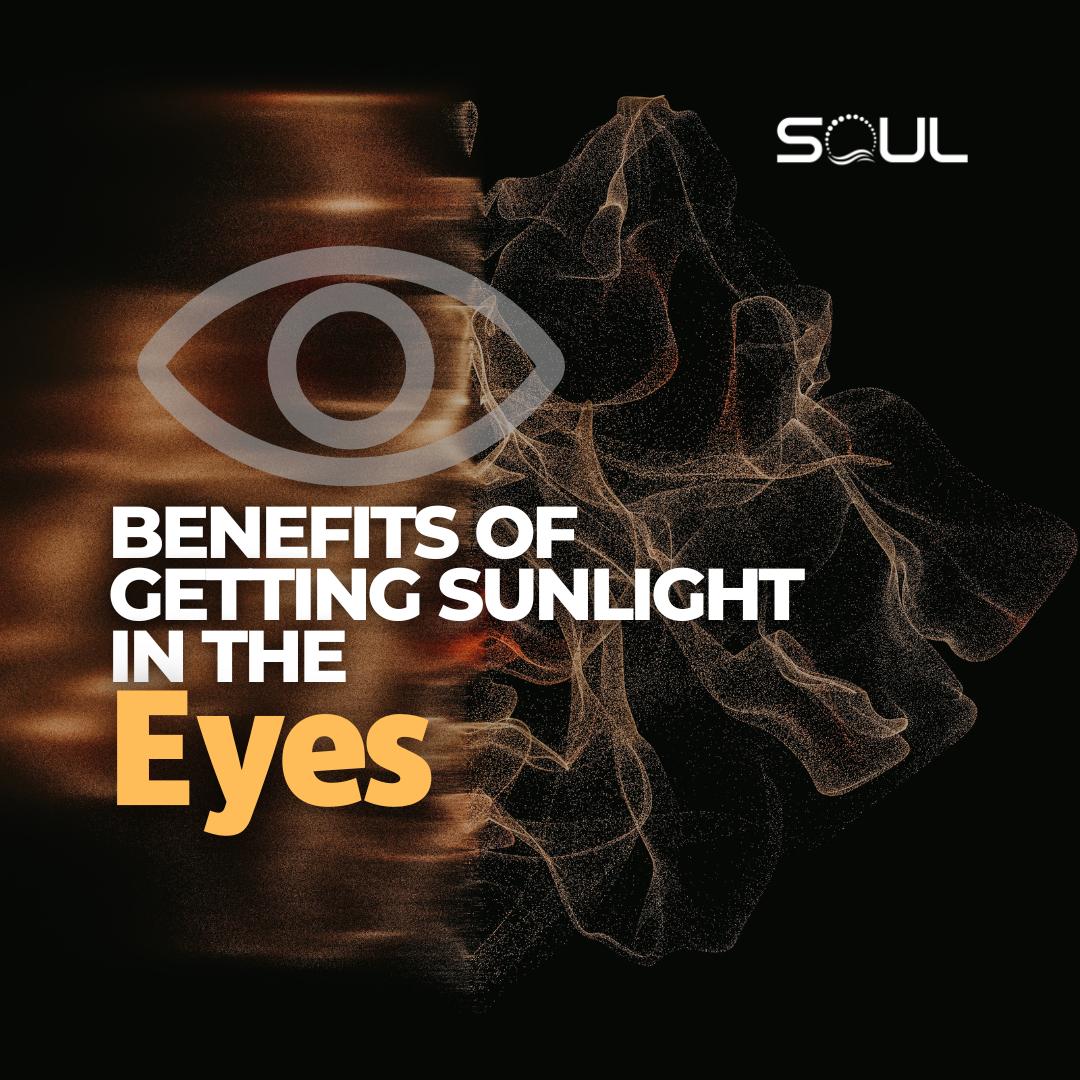We've all been told to protect our eyes from excessive sunlight exposure. And while it's true that too much UV radiation can cause damage to our eyes, there are some surprising benefits to getting a healthy dose of sunlight in the eyes. Here are five benefits of getting sunlight in the eyes that may surprise you.
- Helps Regulate Circadian Rhythm
Exposure to natural sunlight in the morning can help regulate our body's internal clock, which controls our sleep-wake cycle. This can help us sleep better at night and feel more alert during the day. Research has shown that exposure to natural light, especially in the morning, can help regulate our circadian rhythm and improve our sleep quality.
- Boosts Mood and Mental Health
Sunlight exposure has been linked to an increase in the production of serotonin, a neurotransmitter that is associated with positive mood and feelings of well-being. In fact, research has shown that spending time outside, especially in green spaces, can help alleviate symptoms of depression and anxiety.
Sunlight exposure can also help alleviate symptoms of seasonal affective disorder (SAD), a type of depression that occurs during the winter months. This is because sunlight helps regulate our body's production of melatonin, a hormone that regulates sleep and mood.
- Improves Vision
Sunlight can stimulate the production of a pigment called melanin in the retina, which can help protect our eyes from damage and improve our vision. In fact, research has shown that sunlight exposure may reduce the risk of age-related macular degeneration, a leading cause of blindness in older adults.
- Supports Vitamin D Production
Sunlight is a natural source of vitamin D, which is essential for healthy bones and immune function. Exposure to sunlight can help our bodies produce vitamin D, especially if we have limited dietary sources of this nutrient. Vitamin D deficiency is common, especially in areas with limited sunlight, and can lead to a variety of health problems, including osteoporosis and immune dysfunction.
- Reduces the Risk of Myopia
Studies have shown that spending more time outdoors, and thus getting more sunlight exposure, can reduce the risk of myopia (nearsightedness) in children and adolescents. Myopia is becoming increasingly common, especially in urban areas where children spend more time indoors and engage in more near-work activities, such as reading and using electronic devices.
It's important to note that excessive sunlight exposure can also have harmful effects on the eyes, such as increasing the risk of cataracts and other eye diseases. It's important to protect our eyes with sunglasses that offer UV protection and limit our exposure during peak hours.
In conclusion, while it's important to protect our eyes from excessive sunlight exposure, getting some sunlight in the eyes can have some surprising benefits. From regulating our sleep-wake cycle to boosting mood and mental health, improving vision, supporting vitamin D production, and reducing the risk of myopia, sunlight is an essential part of a healthy lifestyle. So, next time you're outside, don't forget to take off your sunglasses and enjoy some natural sunlight in your eyes.
These statements have not been evaluated by the Food and Drug Administration. This product is not intended to diagnose, treat, cure or prevent any disease.

